
漢德百科全書 | 汉德百科全书
 Norwegen
Norwegen
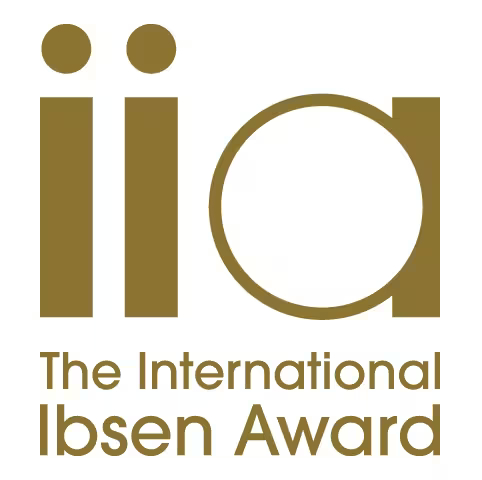
 Argentina
Argentina
 Australia
Australia
 Belgium
Belgium
 Brazil
Brazil
 China
China
 Denmark
Denmark
 Germany
Germany

 Financial
Financial
 International Bank for Cooperation
International Bank for Cooperation
 France
France
 India
India
 Indonesia
Indonesia
 Internationaler Währungsfonds
Internationaler Währungsfonds
 Camille Gutt
Camille Gutt
 Internationaler Währungsfonds
Internationaler Währungsfonds
 Christine Lagarde
Christine Lagarde
 Internationaler Währungsfonds
Internationaler Währungsfonds
 Dominique Strauss-Kahn
Dominique Strauss-Kahn
 Internationaler Währungsfonds
Internationaler Währungsfonds
 Horst Köhler
Horst Köhler
 Internationaler Währungsfonds
Internationaler Währungsfonds
 Ivar Rooth
Ivar Rooth
 Internationaler Währungsfonds
Internationaler Währungsfonds
 Jacques de Larosière
Jacques de Larosière
 Internationaler Währungsfonds
Internationaler Währungsfonds
 Johan Witteveen
Johan Witteveen
 Internationaler Währungsfonds
Internationaler Währungsfonds
 Michel Camdessus
Michel Camdessus
 Internationaler Währungsfonds
Internationaler Währungsfonds
 Per Jacobsson
Per Jacobsson
 Internationaler Währungsfonds
Internationaler Währungsfonds
 Pierre-Paul Schweitzer
Pierre-Paul Schweitzer
 Internationaler Währungsfonds
Internationaler Währungsfonds
 Rodrigo Rato
Rodrigo Rato
 Internationaler Währungsfonds
Internationaler Währungsfonds
 Kristalina Georgiewa
Kristalina Georgiewa
 Italy
Italy
 Japan
Japan
 Canada
Canada
 Malaysia
Malaysia
 Mexico
Mexico
 Netherlands
Netherlands
 Nigeria
Nigeria
 Norwegen
Norwegen
 Austria
Austria
 Poland
Poland
 Republic of Korea
Republic of Korea
 Russia
Russia
 Saudi Arabia
Saudi Arabia
 Sweden
Sweden
 Switzerland
Switzerland
 Spain
Spain
 South Africa
South Africa
 Venezuela
Venezuela
 United States
United States
 United Kingdom
United Kingdom

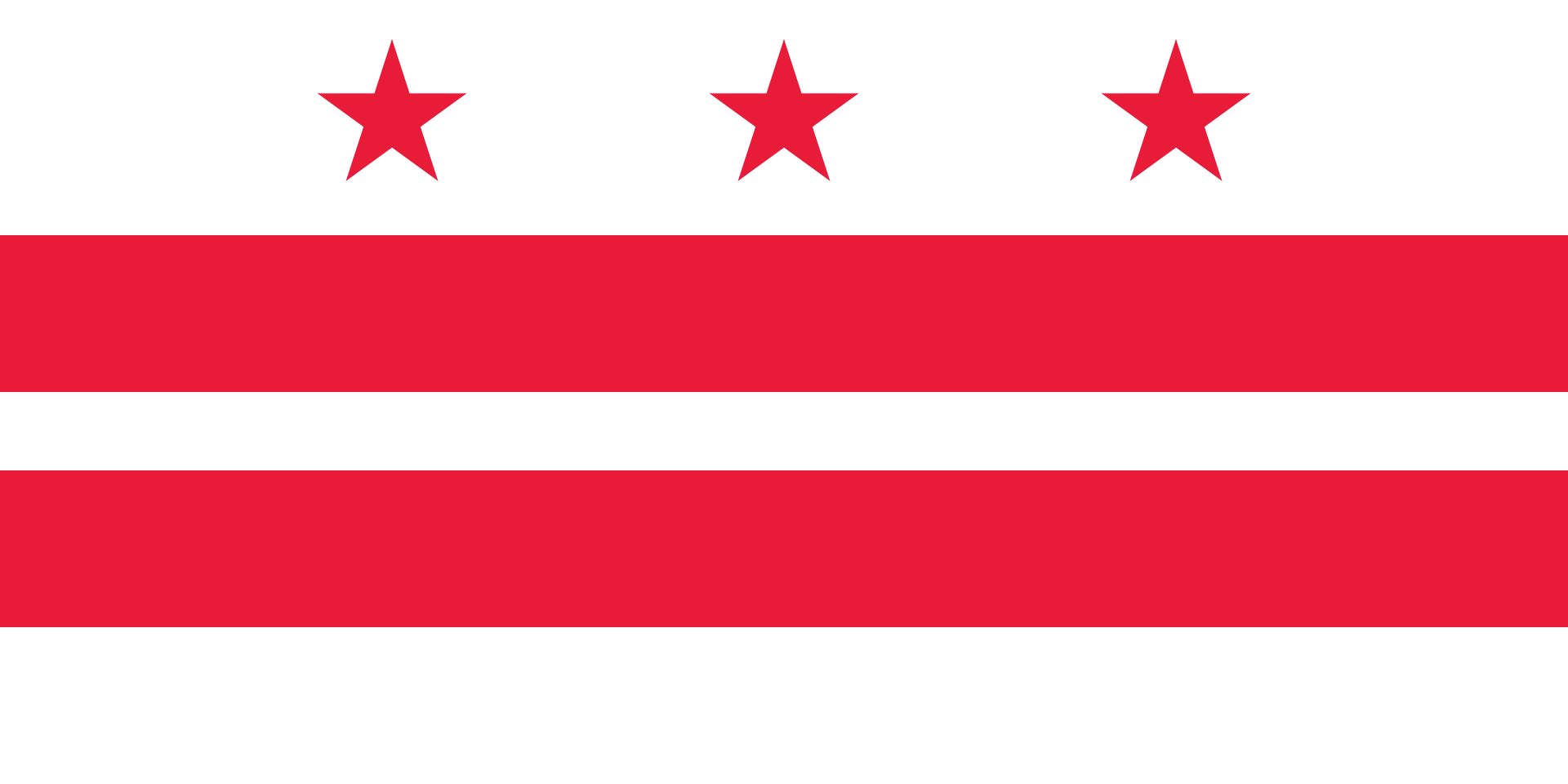 Washington, D.C.
Washington, D.C.

 Important International Organizations
Important International Organizations

 Economy and trade
Economy and trade
 Economic and political research
Economic and political research

Der Internationale Währungsfonds (IWF; englisch International Monetary Fund, IMF; auch bekannt als Weltwährungsfonds) ist eine rechtlich, organisatorisch und finanziell selbständige Sonderorganisation der Vereinten Nationen mit Sitz in Washington, D.C., USA.
Hauptaufgabe des IWF ist die Vergabe von Krediten an Länder ohne ausreichende Währungsreserven, die in Zahlungsbilanzschwierigkeiten geraten sind. Weitere Tätigkeitsfelder sind die Förderung der internationalen Zusammenarbeit in der Währungspolitik, Ausweitung des Welthandels, Stabilisierung von Wechselkursen, Überwachung der Geldpolitik und technische Hilfe.
Der IWF und seine Schwesterorganisation Weltbank haben ihren Ursprung im 1944 geschaffenen Bretton-Woods-System fester Wechselkurse, das auf der damals mit Gold gedeckten Leitwährung US-Dollar beruhte. Sie waren als internationale Steuerungsinstrumente geplant, mit denen eine Wiederholung der Währungsturbulenzen der Zwischenkriegszeit und der Fehler des Goldstandards aus den 1920er Jahren verhindert werden sollte. Beide Organisationen werden daher als Bretton-Woods-Institution bezeichnet. Die Kreditvergabe des IWF ist an wirtschaftspolitische Auflagen geknüpft, die die Rückzahlung der Kredite sichern sollen. Anders als der IWF vergibt die Weltbank auch Kredite für spezielle Projekte.
Der IWF hat zurzeit (Stand April 2020) 189 Mitgliedstaaten, deren Stimmrecht sich an ihrem Kapitalanteil orientiert. Die Mitgliedstaaten mit den größten Stimmanteilen sind: USA 16,51 %, Japan 6,15 %, China 6,08 %, Deutschland 5,32 %, Frankreich 4,03 %, Vereinigtes Königreich 4,03 % und Italien 3,02 %. Von den deutschsprachigen Ländern haben außerdem Luxemburg 0,29 %, Österreich 0,81 % und die Schweiz 1,18 % Stimmenanteile.[4]
Beschlüsse müssen im IWF mit einer Mehrheit von 85 % getroffen werden. Dadurch verfügen jeweils die USA allein und die EU-Staaten gemeinsam de facto über eine Sperrminorität.[5]
国际货币基金组织(法语:Fonds Monétaire International,缩写:FMI;英语:International Monetary Fund,缩写:IMF)于1945年12月27日成立,与世界银行同为世界两大金融机构,由189个国家组成,致力于促进全球货币合作,确保金融稳定,促进国际贸易。职责是监察货币汇率和各国贸易情况、提供技术和资金协助[3][4][5],确保全球金融制度运作正常;其总部设置于美国华盛顿特区。
国際通貨基金(こくさいつうかききん、英語: International Monetary Fund, IMF)は、国際金融、並びに、為替相場の安定化を目的として設立された国際連合(国連)の専門機関である。本部は、アメリカ合衆国の首都ワシントンD.C.にある。2018年現在、加盟国は189か国である[2]。
加盟国の経常収支が著しく悪化した場合などに融資などを実施することで、国際貿易の促進、加盟国の高水準の雇用と国民所得の増大、為替の安定、などに寄与する事を目的としている。 また、為替相場の安定のために、経常収支が悪化した国への融資や、為替相場と各国の為替政策の監視などを行っている。各国の中央銀行の取りまとめ役のような役割を負う。世界銀行と共に、国際金融秩序の根幹を成す。
The International Monetary Fund (IMF) is an international organization headquartered in Washington, D.C., consisting of 189 countries working to foster global monetary cooperation, secure financial stability, facilitate international trade, promote high employment and sustainable economic growth, and reduce poverty around the world while periodically depending on the World Bank for its resources.[1] Formed in 1944 at the Bretton Woods Conference primarily by the ideas of Harry Dexter White and John Maynard Keynes,[6] it came into formal existence in 1945 with 29 member countries and the goal of reconstructing the international payment system. It now plays a central role in the management of balance of payments difficulties and international financial crises.[7] Countries contribute funds to a pool through a quota system from which countries experiencing balance of payments problems can borrow money. As of 2016, the fund had XDR 477 billion (about US$ 667 billion).[8]
Through the fund and other activities such as the gathering of statistics and analysis, surveillance of its members' economies, and the demand for particular policies,[9] the IMF works to improve the economies of its member countries.[10] The organization's objectives stated in the Articles of Agreement are:[11] to promote international monetary co-operation, international trade, high employment, exchange-rate stability, sustainable economic growth, and making resources available to member countries in financial difficulty.[12] IMF funds come from two major sources: quotas and loans. Quotas, which are pooled funds of member nations, generate most IMF funds. The size of a member's quota depends on its economic and financial importance in the world. Nations with larger economic importance have larger quotas. The quotas are increased periodically as a means of boosting the IMF's resources in the form of special drawing rights.[13]
The current Managing Director (MD) and Chairwoman of the IMF is Bulgarian Economist Kristalina Georgieva, who has held the post since October 1, 2019.[14]
Gita Gopinath was appointed as Chief Economist of IMF from 1 October 2018. She received her PhD in economics from Princeton University. Prior to her IMF appointment she was economic adviser to the Chief Minister of Kerala, India.[15]
Le Fonds monétaire international (FMI) est une institution internationale regroupant 189 pays, dont le but est de promouvoir la coopération monétaire internationale, garantir la stabilité financière, faciliter les échanges internationaux, contribuer à un niveau élevé d’emploi, à la stabilité économique et faire reculer la pauvreté2.
Le FMI a ainsi pour fonction d'assurer la stabilité du système monétaire international (SMI) et la gestion des crises monétaires et financières. Pour cela, il fournit des crédits aux pays qui connaissent des difficultés financières mettant en péril l'organisation gouvernementale du pays, la stabilité de son système financier (banques, marchés financiers) ou les flux d'échanges de commerce international avec les autres pays.
Lors d'une crise financière, pour éviter qu’un pays ne fasse « défaut » (c’est-à-dire que ce pays ne puisse plus rembourser ses créanciers, voire ne plus payer ses dépenses courantes), le FMI lui prête de l’argent le temps que la confiance des agents économiques revienne. Le FMI conditionne l’obtention de prêts à la mise en place de certaines réformes économiques visant en principe à réguler la gestion des finances publiques (ingérence financière) et à établir une croissance économique équilibrée à long terme.
L'institution a été créée le 27 décembre 1945 et devait à l'origine garantir la stabilité du système monétaire international, dont l'écroulement après le krach de 1929 avait eu des effets catastrophiques sur l'économie mondiale. Après 1976 et la disparition d’un système de change fixe, le FMI perd l'essentiel de sa raison d'être et hérite d'un nouveau rôle face aux problèmes d'endettement des pays en développement et à certaines crises financières.
Il Fondo Monetario Internazionale (in sigla FMI; in inglese International Monetary Fund, IMF) è un'organizzazione internazionale pubblica[1] a carattere universale composta dai governi nazionali di 189 Paesi e insieme al gruppo della Banca Mondiale fa parte delle organizzazioni internazionali dette di Bretton Woods, dal nome della località in cui si tenne la famosa conferenza che ne sancì la creazione. L'FMI è stato formalmente istituito il 27 dicembre 1945, quando i primi 44 stati firmarono l'accordo istitutivo e l'organizzazione nacque nel maggio del 1946. Attualmente gli Stati membri sono 189.
El Fondo Monetario Internacional o FMI (en inglés: International Monetary Fund, IMF) es una organización financiera internacional con sede en Washington D. C., Estados Unidos. Nace como idea el 22 de julio de 1944 en los acuerdos de Bretton Woods, una reunión de 730 delegados de 44 países aliados de la Segunda Guerra Mundial, entrando en vigor oficialmente el 27 de diciembre de 1945. Después de 1976 y de la desaparición del sistema de cambio fijo, el FMI toma un papel preponderante ante países en desarrollo y crisis financieras internacionales. En 2010, durante la 14ª revisión general de cuotas los fondos financieros disponibles del FMI se situaban en 755 700 millones de U.S.dólares.1
A través del fondo y otras actividades como la recolección de estadísticas y datos, monitoreo de las actividades económicas de los países miembros, y la demanda de políticas concretas,2 el FMI trabaja para mejorar la economía de sus países miembros.3 Los objetivos proclamados por la organización son:4 promover la cooperación monetaria internacional, comercio internacional, reducir la desocupación, conseguir tasas de cambio sustentables, lograr crecimiento económico, y otorgar razonablemente recursos a países miembros en dificultades económicas.5 El FMI se financia con dos grandes herramientas: cuotas y préstamo. Las cuotas son aportes realizados por los países miembros al fondo común de la organización. Las mayores economías hacen aportes proporcionales mayores que las economías más pequeñas. Además, las obligaciones de cuotas aumentan periódicamente como forma de aumentar los recursos de los que puede disponer el FMI en forma de derechos especiales de giro.6
Esta organización ha sido fuertemente criticada en las últimas décadas. Las principales críticas se centran en el papel dominante que tienen los países desarrollados dentro del organismo, lo que causa que el FMI oriente sus políticas globales al fomento de un capitalismo que suele denominarse neoliberal,7 a causa de haber impuesto a los países en vías de desarrollo —y más recientemente a algunos países europeos— sus programas económicos basados en el Consenso de Washington que consisten en la reducción del déficit y del gasto público y consecuentemente de servicios y prestaciones sociales, con fundamento en las políticas y teorías monetaristas y en el principio de libre mercado,8 que deben llevarse a cabo como condiciones de los préstamos realizados y que según sus críticos ha provocado un aumento de la brecha entre ricos y pobres y un empeoramiento de los servicios públicos, como la sanidad.9 También está acusada por haber apoyado y financiado a las dictaduras militares en Latinoamérica y Africa,10 y se le han criticado puntualmente sus políticas sobre medio ambiente11 y alimentación.12
Международный валютный фонд, (МВФ) (англ. International Monetary Fund, IMF) — специализированное учреждение (валютный фонд) Организации объединённых наций (ООН) с главным офисом в городе Вашингтон, США.
189 стран являются членами МВФ, в его структурах работают 2500 человек из 133 государств мира. МВФ предоставляет кратко- и среднесрочные кредиты при дефиците платёжного баланса государства. Предоставление кредитов обычно сопровождается набором определённых условий и рекомендаций. Политика и рекомендации МВФ в отношении развивающихся стран неоднократно подвергались критике, суть которой состоит в том, что выполнение рекомендаций и условий, в итоге, направлено не на повышение самостоятельности, стабильности и развитие национальной экономики государства, а лишь на привязывание её к международным финансовым потокам.
В отличие от Всемирного банка, деятельность МВФ сосредоточена на относительно кратковременных макроэкономических кризисах. Всемирный банк предоставляет кредиты только бедным странам, МВФ может давать кредиты любой из своих стран-членов, которая испытывает нехватку иностранной валюты для покрытия краткосрочных финансовых обязательств.
 Germany
Germany
 Germany
Germany
 FIFA
FIFA
 Women's Soccer World Cup 2015
Women's Soccer World Cup 2015
 Women's Soccer World Cup 2019
Women's Soccer World Cup 2019
 Women's Soccer World Cup 2023
Women's Soccer World Cup 2023
 Japan
Japan
 Norwegen
Norwegen
 Spain
Spain
 United States
United States
 United States
United States
 United States
United States

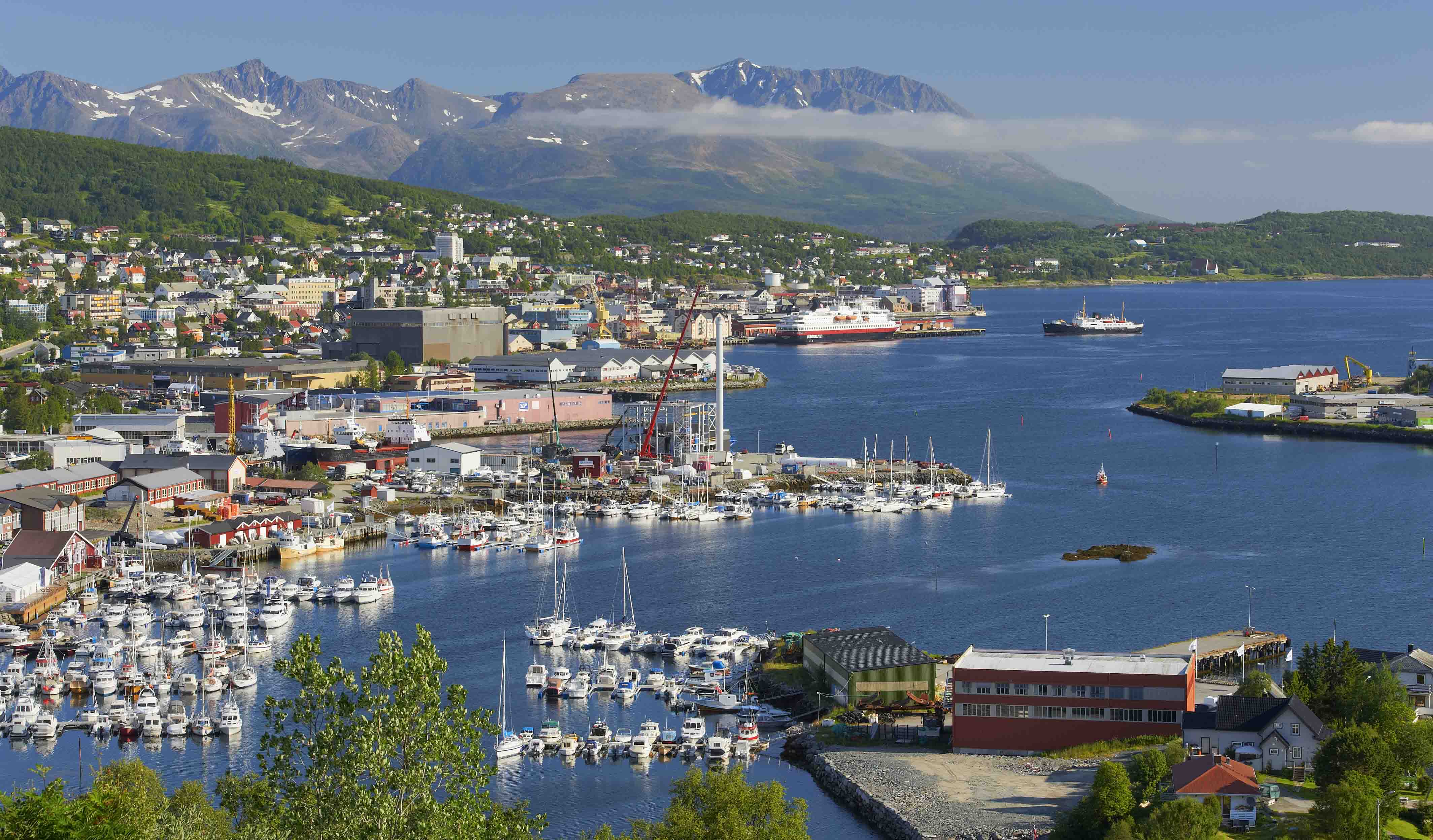
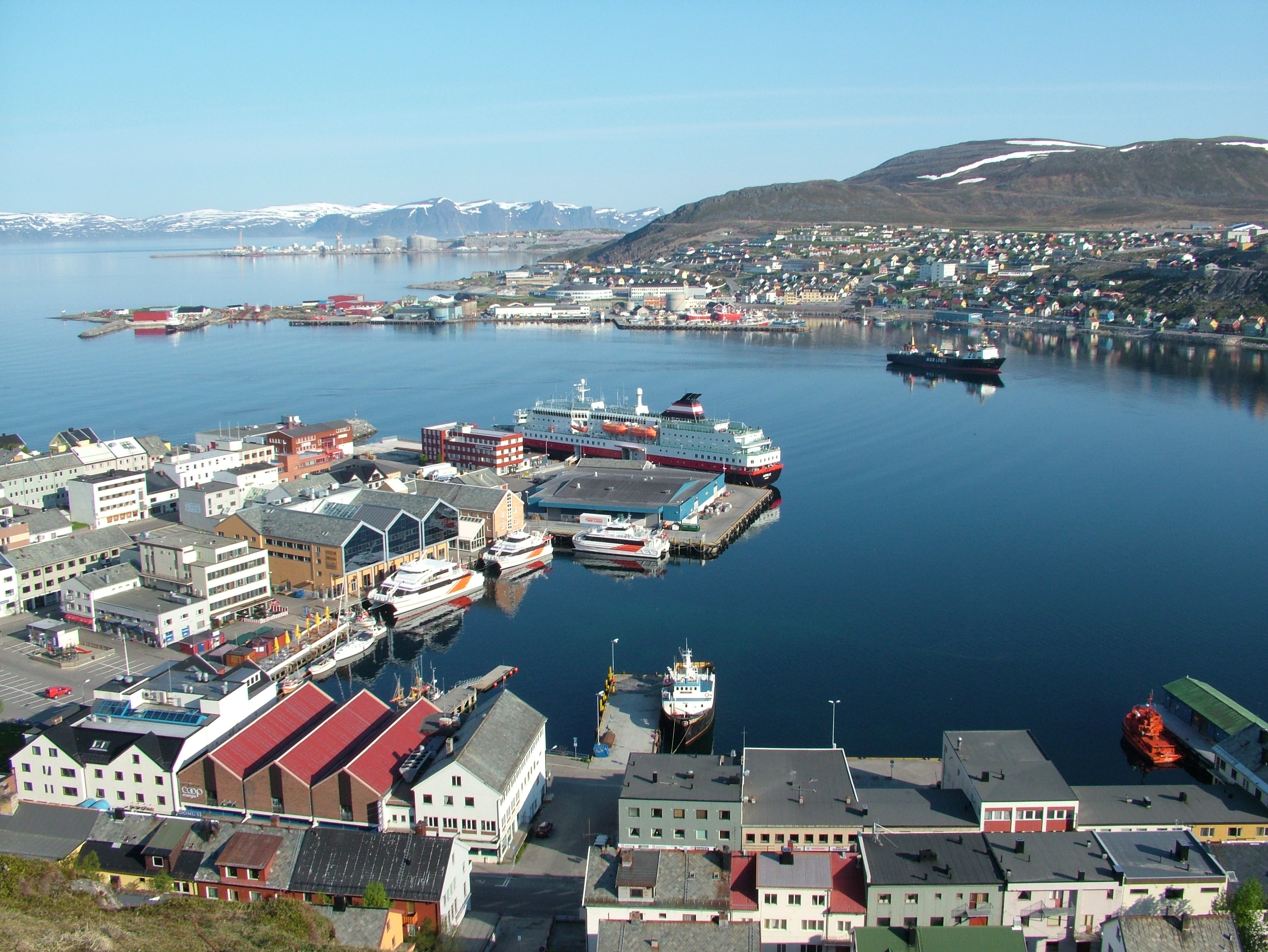

Havila Kystruten AS ist eine norwegische Reederei mit Sitz in Fosnavåg. Sie ist Teil der im Besitz der Familie Sævik befindlichen Havila Group. Innerhalb der Gruppe ist sie dem Geschäftsbereich Tourismus zugeordnet.
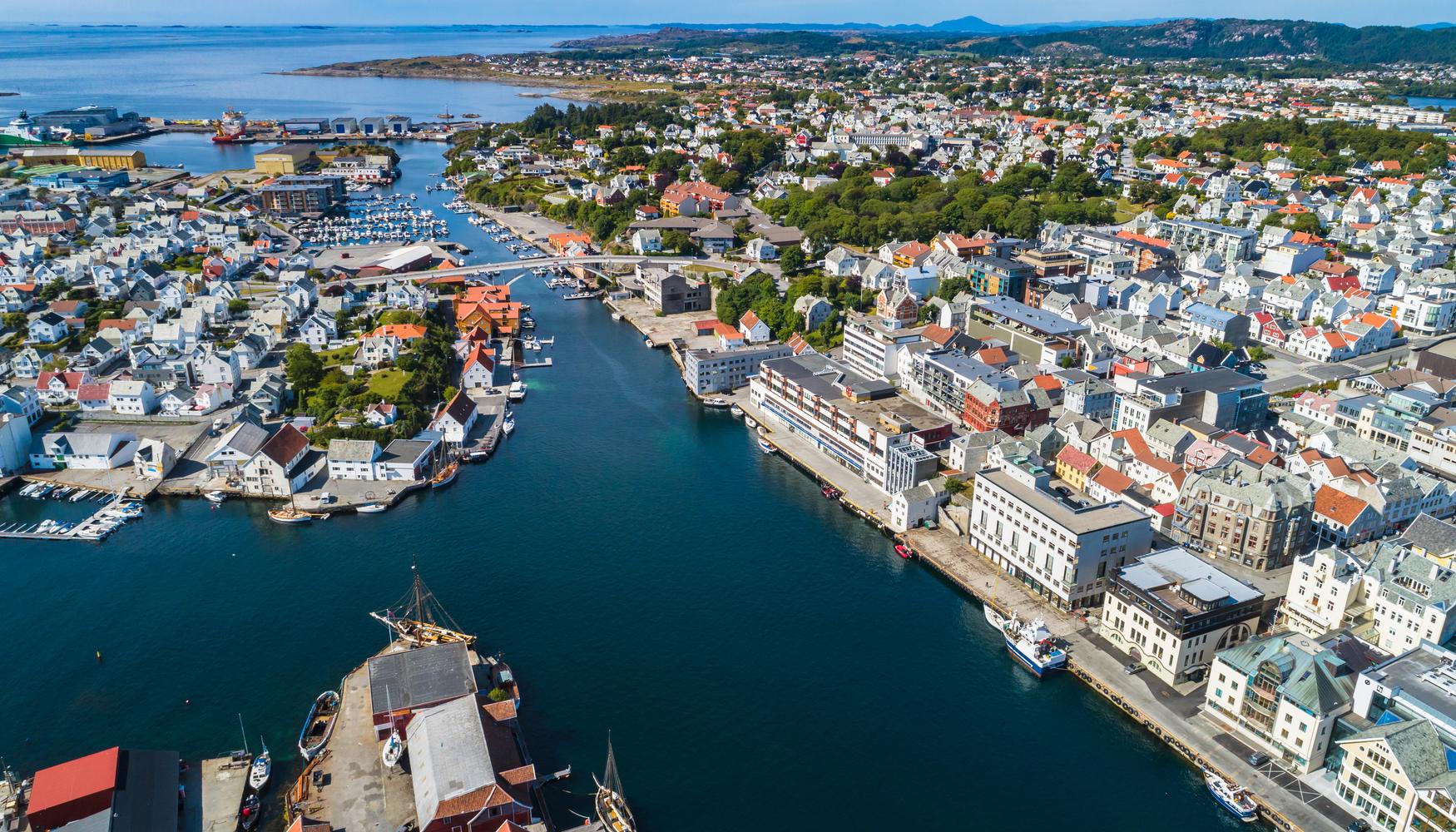
 Belarus
Belarus
 Belgium
Belgium

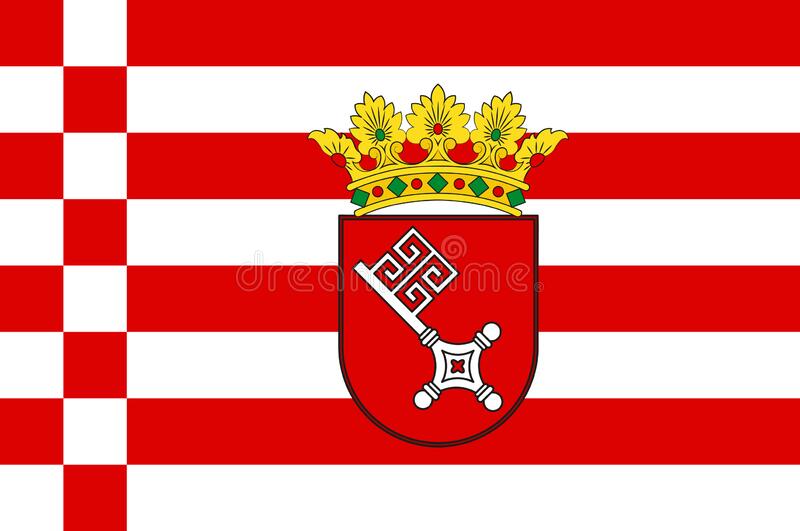 Bremen
Bremen
 Germany
Germany
 England
England
 Estonia
Estonia
 Finland
Finland
 France
France

 History
History
 M 1500 - 2000 AD
M 1500 - 2000 AD

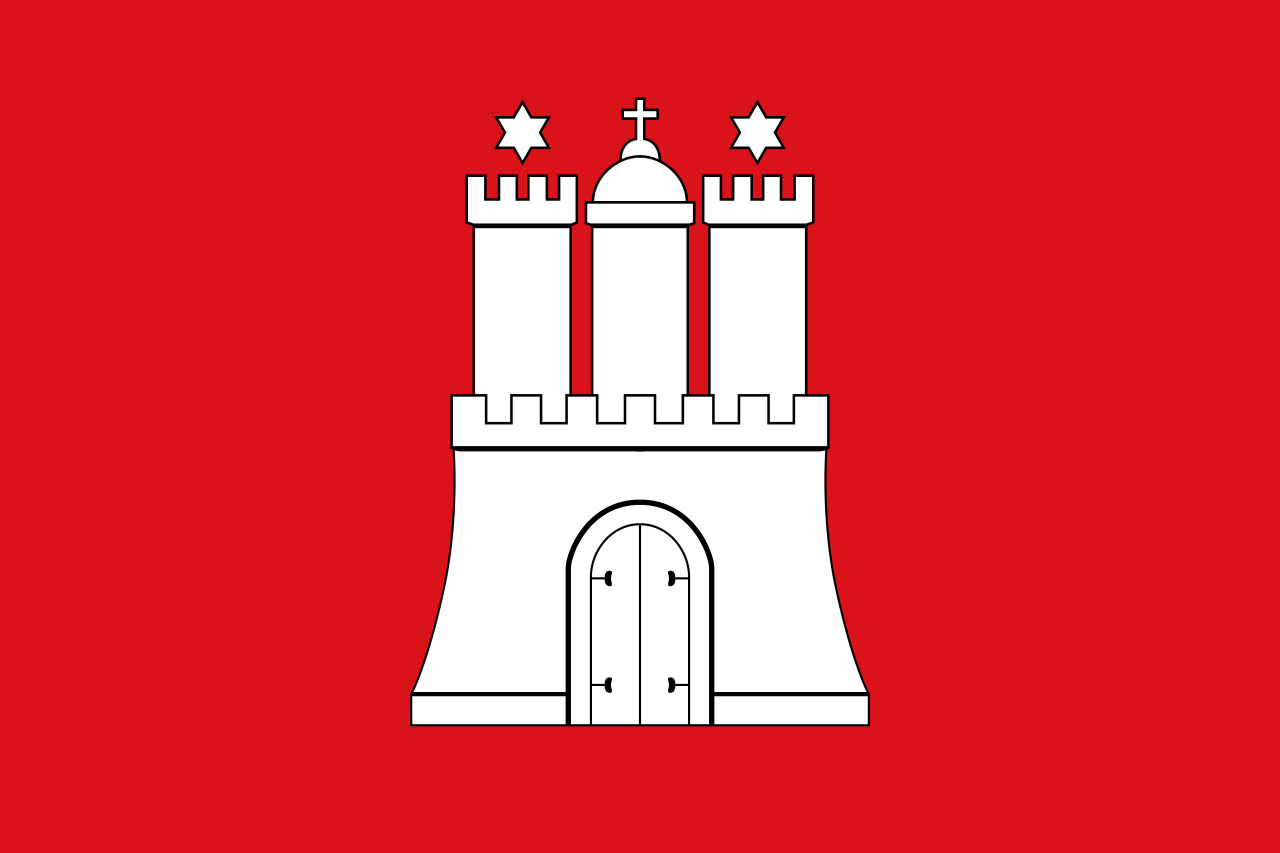 Hamburg
Hamburg
 Iceland
Iceland
 Latvia
Latvia

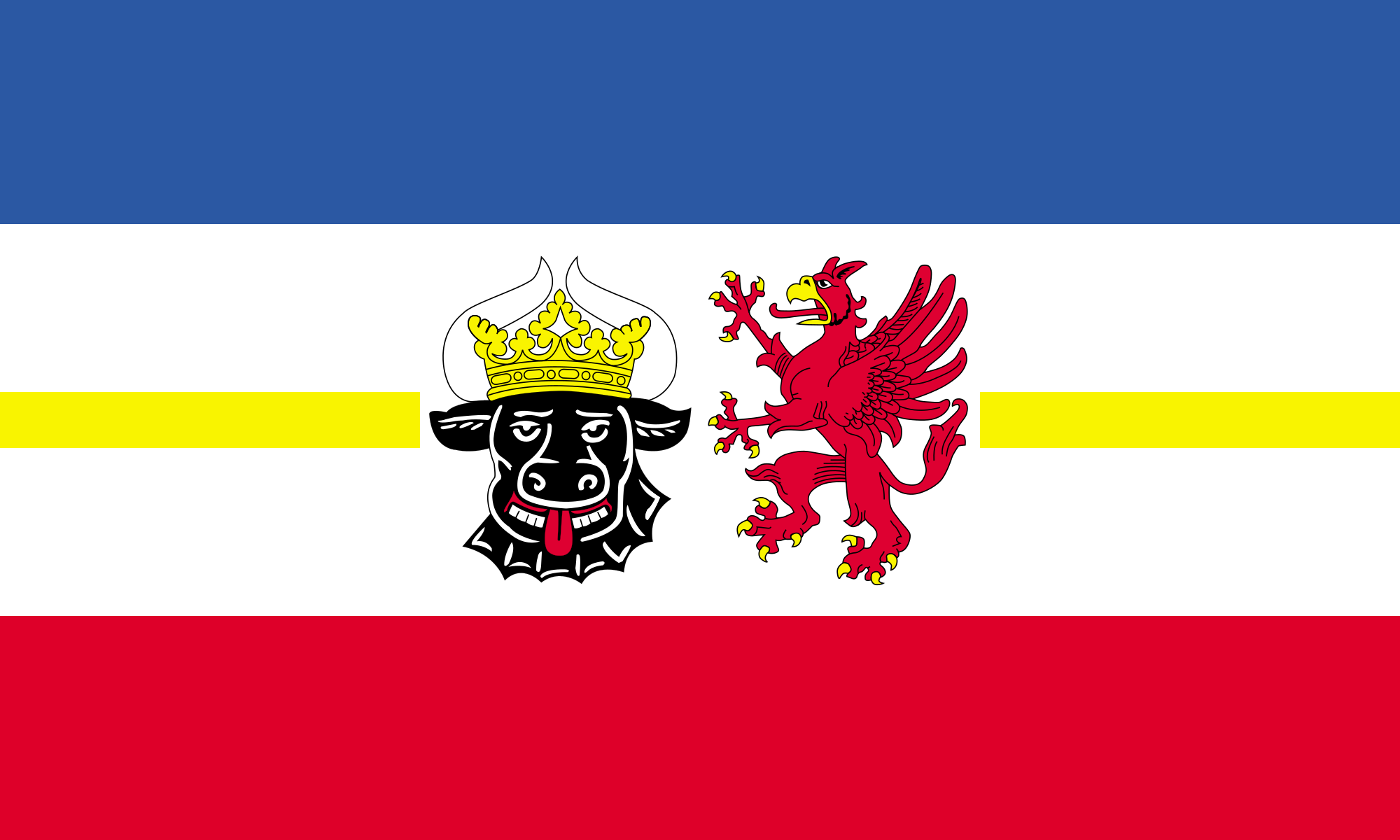 Mecklenburg-Vorpommern
Mecklenburg-Vorpommern
 Netherlands
Netherlands

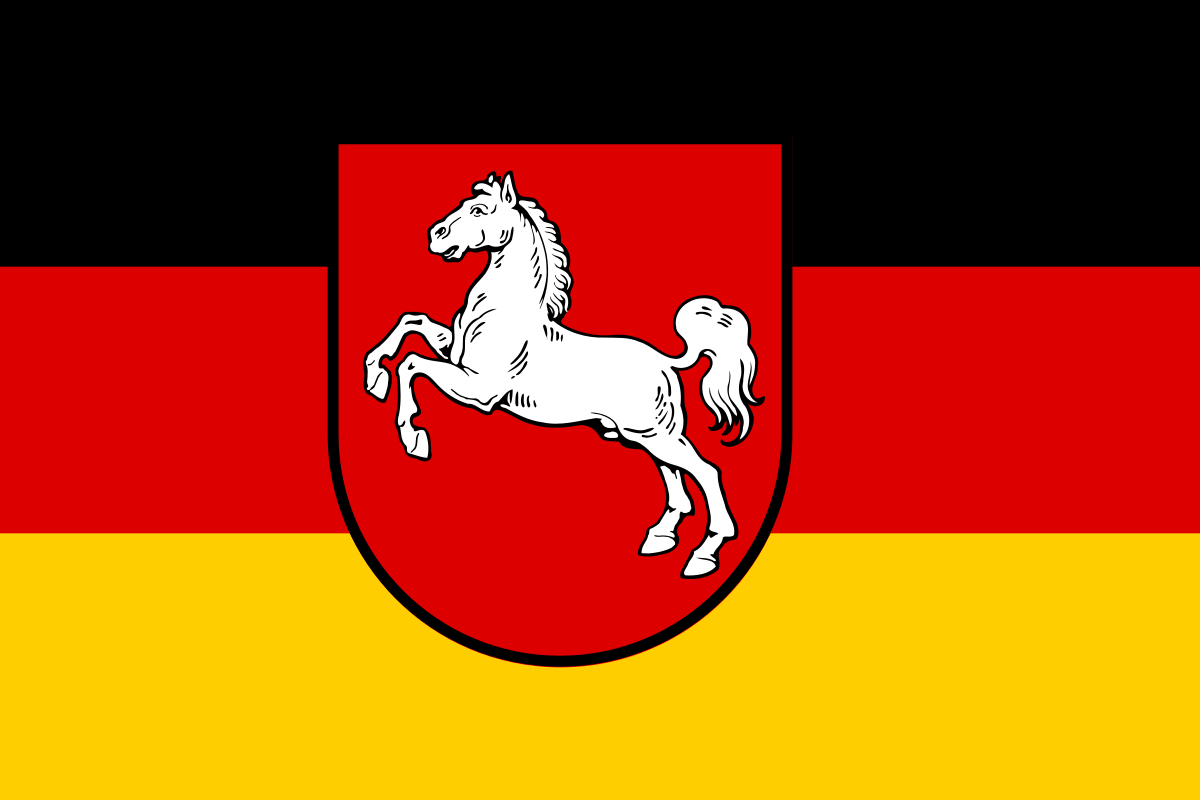 Lower Saxony
Lower Saxony
 Norwegen
Norwegen
 Poland
Poland
 Russia
Russia

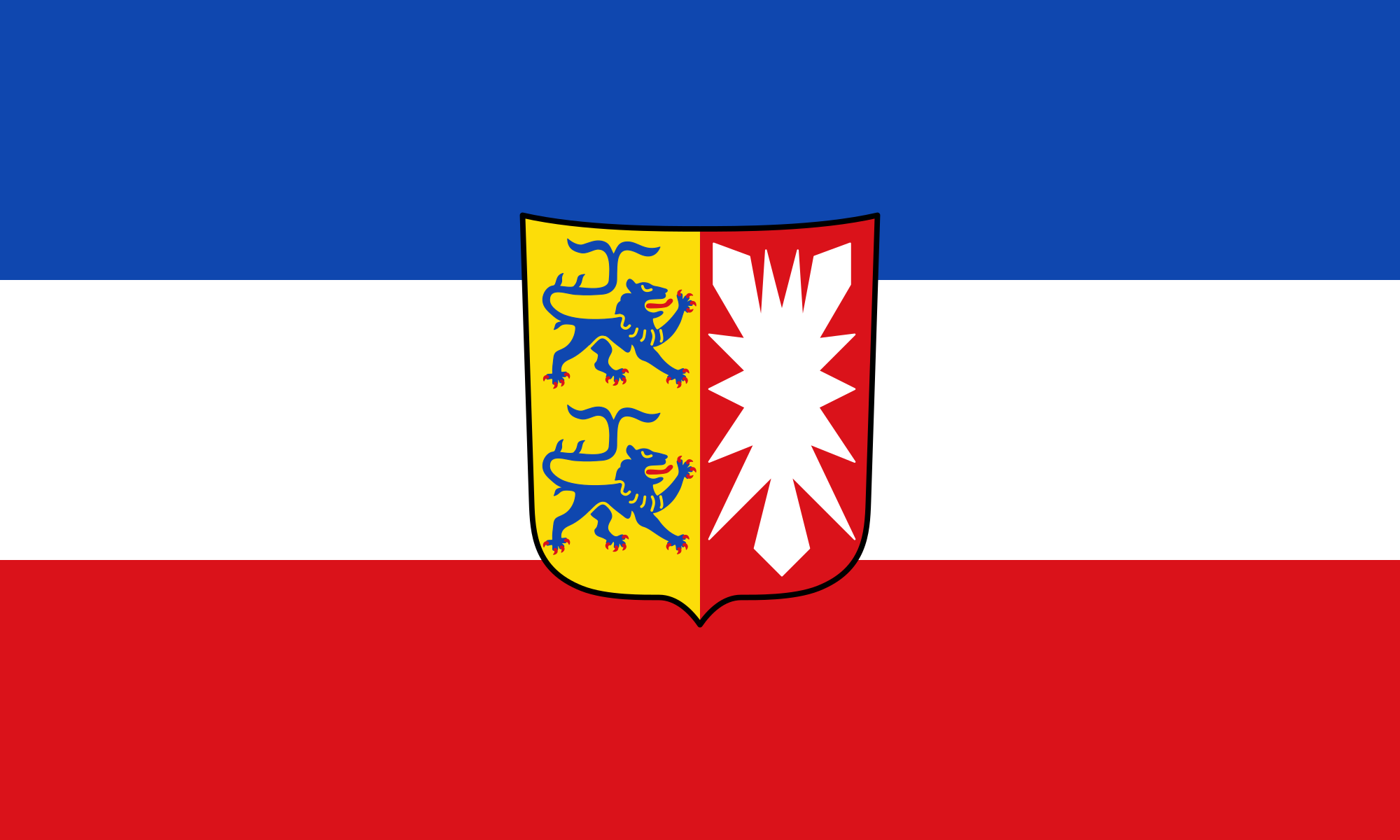 Schleswig-Holstein
Schleswig-Holstein
 Schottland
Schottland
 Sweden
Sweden
 United Kingdom
United Kingdom

Hanse (ahd. hansa ‚Gruppe, Gefolge, Schar‘) – auch Deutsche Hanse oder Düdesche Hanse, lateinisch Hansa Teutonica – ist die Bezeichnung für die zwischen Mitte des 12. Jahrhunderts und Mitte des 17. Jahrhunderts bestehenden Vereinigungen niederdeutscher Kaufleute, deren Ziel die Sicherheit der Überfahrt und die Vertretung gemeinsamer wirtschaftlicher Interessen besonders im Ausland war. Die Hanse war nicht nur auf wirtschaftlichem, sondern auch auf politischem und kulturellem Gebiet ein wichtiger Faktor. Sie wurde offiziell nie aufgelöst und besteht in Form moderner Kooperationen wie dem Städtebund Neue Hanse fort.
Eine Entwicklung von der „Kaufmannshanse“ zu einer „Städtehanse“ lässt sich spätestens Mitte des 14. Jahrhunderts mit erstmaligen nahezu gesamthansischen Tagfahrten (Hansetagen) festmachen, in denen sich die Hansestädte zusammenschlossen und die Interessen der niederdeutschen Kaufleute vertraten. Die genaue Abgrenzung zwischen „Kaufmannshanse“ und „Städtehanse“ ist jedoch umstritten.[1]
Die Farben der Hanse (weiß und rot) finden sich heute noch in den Stadtwappen vieler Hansestädte. In den Zeiten ihrer größten Ausdehnung waren beinahe 300 See- und Binnenstädte des nördlichen Europas in der Städtehanse zusammengeschlossen. Eine wichtige Grundlage dieser Verbindungen war die Entwicklung des Transportwesens, insbesondere zur See, weshalb die Kogge zum Symbol für die Hanse wurde. Durch Freihandel gelangten viele Hansestädte zu großem Reichtum, was sich bis heute an zahlreichen bedeutenden Bauwerken ablesen lässt.
„Hanse“ oder „Hänse“ nannten sich auch andere Kaufmannsverbünde bis nach Österreich, unabhängig von der „großen“ norddeutschen Hanse. Bei ihnen handelte es sich in der Regel nicht um politische Bünde zwischen Städten und Territorien, sondern um Bruderschaften, denen einzelne Händler beitraten. Oft waren solche Bünde auf einen bestimmten Jahrmarkt ausgerichtet und übernahmen während dessen Dauer wirtschaftliche Kontrollfunktionen, wie sie in größeren Städten von den Zünften durchgeführt wurden.
汉萨同盟(拉丁语:Hansa、Hansa Teutonica或Liga Hanseatica,英语:Hanseatic League,又译汉撒同盟和汉莎同盟),12-13世纪中欧的神圣罗马帝国与条顿骑士团诸城市之间形成的商业、政治联盟,以德意志北部城市为主。汉萨(Hansa、或Hanse )一词,德文意为“公所”或者“会馆”,最早是指从须德海到芬兰、瑞典到挪威的一群商人与一群贸易船只。12世纪中期逐渐形成,14世纪晚期—15世纪早期达到鼎盛,加盟城市最多达到160个。1367年成立以吕贝克城为首的领导机构,有汉堡、科隆、不来梅等大城市的富商、贵族参加。拥有武装和金库。1370年战胜丹麦,订立《施特拉尔松德条约》。同盟垄断波罗的海地区贸易,并在西起伦敦,东至诺夫哥罗德的沿海地区建立商站,实力雄厚。15世纪中叶后,随着英、俄、尼德兰等国工商业的发展和新航路的开辟,转衰,1669年解体。现今德国的国家航空公司汉莎航空(Lufthansa)即是以汉萨同盟命名的。
ハンザ同盟(ハンザどうめい)は、中世後期の北ドイツの都市による都市同盟である。バルト海沿岸地域の貿易を掌握し、ヨーロッパ北部の経済圏を支配した。同盟の慣習法は海事法のもとになった。
「ハンザ」は古高ドイツ語であり、現代ドイツ語では 「ハンゼ」(Hanse) と呼ばれる。古高ドイツ語「ハンザ」は「団体」を意味し、もともと都市の間を交易して回る商人の組合的団体のことを指した。「ハンザ同盟」に相当する訳語は日本語以外でも用いられることもあるが、原語に直訳すると二重表現となる。
中世ヨーロッパでは都市同盟が重要な役割を果たした。周辺の領主に対抗するため、独立意識の高い諸都市が連合し、皇帝や国王も都市連合を意識して権力を行使しなければならなかった。これは世界史上、ヨーロッパでしか生じていない現象と言われている。ハンザ同盟は都市同盟の中でも規模と存続期間において群を抜いており、また特殊な存在であるとされている[1]
ハンザ同盟の中核を占める北ドイツの都市は神聖ローマ帝国の中で皇帝に直接忠誠を誓う帝国都市であった。相互に独立性と平等性を保つ緩やかな同盟だったが、経済的連合にとどまらず、時には政治的・軍事的連合として機能した。しかし、同盟の恒久的な中央機構は存在せず、同盟の決定に拘束力も弱かったので、実際はそれぞれの都市の利害が優先された。
リューベック、ハンブルク、ブレーメンなどかつてのハンザ同盟の中心都市は「自由ハンザ都市」を称して中世以来の都市の自由をうたっており、21世紀の現在もなおハンザ同盟の遺風を残している。
The Hanseatic League (/ˌhænsiˈætɪk/; Middle Low German: Hanse, Düdesche Hanse, Hansa; Standard German: Deutsche Hanse; Latin: Hansa Teutonica)[2] was a commercial and defensive confederation of merchant guilds and market towns in Northwestern and Central Europe. Growing from a few North German towns in the late 1100s, the league came to dominate Baltic maritime trade for three centuries along the coasts of Northern Europe. Hansa territories stretched from the Baltic to the North Sea and inland during the Late Middle Ages, and diminished slowly after 1450.
Hanse, later spelled as Hansa,[3] was the Old High German word for a convoy, and this word was applied to bands of merchants traveling between the Hanseatic cities - whether by land or by sea.[4]
Merchant circles established the league to protect the guilds' economic interests and diplomatic privileges in their affiliated cities and countries, as well as along the trade routes which the merchants used. The Hanseatic cities had their own legal system and operated their own armies for mutual protection and aid. Despite this, the organization was not a state, nor could it be called a confederation of city-states; only a very small number of the cities within the league enjoyed autonomy and liberties comparable to those of a free imperial city.[5]
La Hanse, Ligue hanséatique, Hanse germanique ou Hanse teutonique était l'association des villes marchandes de l'Europe du Nord autour de la mer du Nord et de la mer Baltique. Cette Hanse se distinguait des autres hanses en ce sens que son commerce reposait sur des privilèges jalousement défendus qui leur avaient été octroyés par divers souverains européens.
Pendant trois siècles, cette Hanse en particulier, et à moindre degré les hanses par extension, ont eu un rôle dominant au niveau commercial, puis politique, en Europe1. Actives du XIIe au XVIIe siècle, leur déclin et quasi-disparition ont été achevés en 1648 avec les traités de Westphalie signant la fin de la guerre de Trente Ans et de la guerre de Quatre-Vingts Ans.
La croissance de la ligue hanséatique a lieu dans un monde où colonisation et évangélisation vont de pair. Elle est particulièrement liée à la montée de l'ordre des Chevaliers teutoniques, au prosélytisme catholique servant de façade aux jeux de pouvoir mondiaux de l'époque1.
La Lega anseatica (dal latino medievale hanseaticus, derivato dell'alto tedesco medio Hanse «raggruppamento»[1]) o Hansa fu un'alleanza di città che nel tardo medioevo e fino all'inizio dell'era moderna mantenne il monopolio dei commerci su gran parte dell'Europa settentrionale e del mar Baltico. La sua fondazione viene fatta risalire al XII secolo.
Fu in questo periodo che i mercanti delle varie città cominciarono a formare società (Hanse) con l'intenzione di commerciare con le città straniere. Queste società lavorarono per acquisire degli speciali privilegi commerciali per i loro membri. Ad esempio, i mercanti di Colonia furono in grado di convincere Enrico II d'Inghilterra a garantire loro speciali privilegi commerciali e diritti di mercato nel 1157. Ogni città aveva un sindaco (e un consiglio) che rispondeva al Governatore della Lega Anseatica; il più importante fu Ronald Guternbach, un potente notabile di Lubecca.
Alla fine, alcune di queste città cominciarono a formare alleanze tra di loro, in forma di una rete di mutua assistenza che sarebbe diventata, appunto, la Lega anseatica.
La Liga Hanseática o Hansa (en bajo alemán medio, Düdesche Hanse, Hansa; en alemán, Hanse; en latín, Hansa Teutonica)1 fue una federación comercial y defensiva de ciudades del norte de Alemania y de comunidades de comerciantes alemanes en el mar Báltico, los Países Bajos, Suecia, Polonia y Rusia, así como regiones que ahora se encuentran en las repúblicas bálticas. La lingua franca usada a lo largo de toda la Liga Hanseática fue el bajo alemán medio. Tenía su sede en Lubeca.
Entre las ciudades hanseáticas había ciudades portuarias de las regiones costeras así como ciudades situadas a lo largo de importantes ríos del interior. A través del libre comercio y de una burguesía empresarial, muchas de estas ciudades lograron un alto nivel de prosperidad, algunas de las cuales siguen mostrando valiosas características culturales y arquitectónicas.
Ганзейский союз, Га́нза, также Ганзея (нем. Deutsche Hanse или Düdesche Hanse, др.-в.-нем. Hansa — буквально «группа», «союз», лат. Hansa Teutonica) — крупный политический и экономический союз торговых городов северо-западной Европы, возникший в середине XII века. Просуществовал до середины XVII века[С. 8]. В регистр Ганзы были включены 130 городов, из них — около 100 портовых, а под её влиянием находилось до трёх тысяч населённых пунктов[С. 9]. К началу XV века Ганза объединяла около 160 городов[С. 10].
Цель объединения — обеспечение участникам союза привилегий в районе ганзейской торговли. Опорой ганзейских купцов служили рыцарские ордена. Ганза вела самостоятельную внешнюю политику, приобретала крепости, поддерживала олигархию. Участники объединения следовали Большому Ганзейскому статуту, изданному для всего союза[С. 11].
Система торговых отношений опиралась на конторы. Иностранные конторы Ганзы находились в Бергене, Лондоне и Брюгге, Новгороде, Венеции и др. Центром торговли с внутренними районами Европы и основным перевалочным пунктом между Балтийским и Северным морями стал Любек — фактический руководитель союза: здесь проводились общие съезды ганзейских городов (ганзетаг)[С. 9]. Решения ганзетагов, как высшего органа власти союза[С. 12], обычно начинались со слов: «Ганза и Любек постановляют…»[С. 13]. В перерывах между ганзейскими съездами высшей инстанцией был рат[en] Любека. Встречи проводились и в других городах, например, в феврале 1402 года в Дерпте состоялся съезд ливонских городов, на котором присутствовали послы Пскова и Новгорода[С. 12].
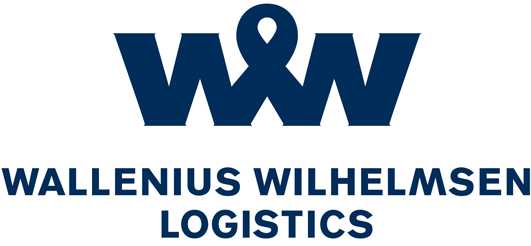


 Australia
Australia
 Belgium
Belgium
 Chile
Chile
 Denmark
Denmark
 Germany
Germany
 Estonia
Estonia
 Finland
Finland
 France
France
 Greece
Greece
 Ireland
Ireland
 Iceland
Iceland
 Israel
Israel
 Italy
Italy
 Japan
Japan
 Canada
Canada
 Luxembourg
Luxembourg
 Mexico
Mexico
 New Zealand
New Zealand
 Netherlands
Netherlands
 Norwegen
Norwegen
 OECD
OECD
 Emiel van Lennep
Emiel van Lennep
 OECD
OECD
 Don Johnston
Don Johnston
 OECD
OECD
 Jean-Claude Paye
Jean-Claude Paye
 OECD
OECD
 José Ángel Gurría
José Ángel Gurría
 OECD
OECD
 Staffan Sohlman
Staffan Sohlman
 OECD
OECD
 Thorkil Kristensen
Thorkil Kristensen
 Austria
Austria
 Poland
Poland
 Portugal
Portugal
 Republic of Korea
Republic of Korea
 Sweden
Sweden
 Switzerland
Switzerland
 Slovakia
Slovakia
 Slovenia
Slovenia
 Spain
Spain
 Czech Republic
Czech Republic
 Turkey
Turkey
 Hungary
Hungary
 United States
United States
 United Kingdom
United Kingdom

 Important International Organizations
Important International Organizations
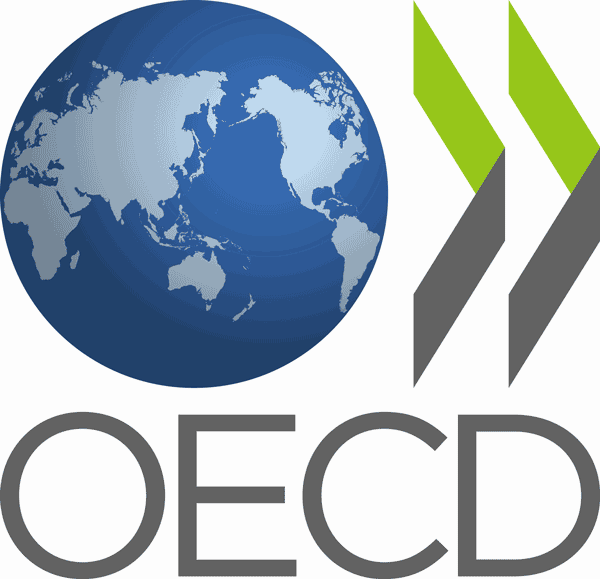
経済協力開発機構(けいざいきょうりょくかいはつきこう)は、国際経済全般について協議することを目的とした国際機関。公用語の正式名称は、英語では"Organisation[1] for Economic Co-operation and Development"(イギリス英語表記)、フランス語では"Organisation de Coopération et de Développement Economiques"。略称は英語ではOECD、フランス語ではOCDE。
本部事務局はパリ16区の旧ラ・ミュエット宮殿に置かれている。事務総長はアンヘル・グリア。
The Organisation for Economic Co-operation and Development (OECD; French: Organisation de Coopération et de Développement Économiques, OCDE) is an intergovernmental economic organisation with 37 member countries,[1] founded in 1961 to stimulate economic progress and world trade. It is a forum of countries describing themselves as committed to democracy and the market economy, providing a platform to compare policy experiences, seek answers to common problems, identify good practices and coordinate domestic and international policies of its members. Generally, OECD members are high-income economies with a very high Human Development Index (HDI) and are regarded as developed countries. As of 2017, the OECD member countries collectively comprised 62.2% of global nominal GDP (US$49.6 trillion)[3] and 42.8% of global GDP (Int$54.2 trillion) at purchasing power parity.[4] The OECD is an official United Nations observer.[5]
In 1948, the OECD originated as the Organisation for European Economic Co-operation (OEEC),[6] led by Robert Marjolin of France, to help administer the Marshall Plan (which was rejected by the Soviet Union and its satellite states).[7] This would be achieved by allocating United States financial aid and implementing economic programs for the reconstruction of Europe after World War II. (Similar reconstruction aid was sent to the war-torn Republic of China and post-war Korea, but not under the name "Marshall Plan".)[8]
In 1961, the OEEC was reformed into the Organisation for Economic Co-operation and Development by the Convention on the Organisation for Economic Co-operation and Development and membership was extended to non-European states.[9][10] The OECD's headquarters are at the Château de la Muette in Paris, France.[11] The OECD is funded by contributions from member countries at varying rates and had a total budget of €386 million in 2019.[2]
Although OECD does not have a power to enforce its decisions, which further require unanimous vote from its members, it is recognized as highly influential publisher of mostly economic data through publications as well as annual evaluations and rankings of members countries.[12]
L'Organisation de coopération et de développement économiques (OCDE) est une organisation internationale d'études économiques, dont les pays membres — des pays développés pour la plupart — ont en commun un système de gouvernement démocratique et une économie de marché. Elle joue essentiellement un rôle d'assemblée consultative1.
L'OCDE a succédé à l'Organisation européenne de coopération économique (OECE) issue du plan Marshall et de la Conférence des Seize (Conférence de coopération économique européenne) qui a existé de 1948 à 1960. Son but était l'établissement d'une organisation permanente chargée en premier lieu d'assurer la mise en œuvre du programme de relèvement commun (le plan Marshall), et, en particulier, d'en superviser la répartition2.
En 2020, l'OCDE compte 37 pays membres et regroupe plusieurs centaines d'experts. Elle publie fréquemment des études économiques et sociales — analyses, prévisions et recommandations de politique économique — et des statistiques, principalement concernant ses pays membres.
Le siège de l'OCDE se situe à Paris (16e), au château de la Muette. L'organisation possède également des bureaux dans plusieurs autres métropoles, notamment à Berlin, Mexico, Tokyo et Washington.
L'Organizzazione per la cooperazione e lo sviluppo economico (OCSE) – in inglese Organization for Economic Co-operation and Development (OECD), e in francese Organisation de coopération et de développement économiques (OCDE) – è un'organizzazione internazionale di studi economici per i paesi membri, paesi sviluppati aventi in comune un'economia di mercato.
L'organizzazione svolge prevalentemente un ruolo di assemblea consultiva che consente un'occasione di confronto delle esperienze politiche, per la risoluzione dei problemi comuni, l'identificazione di pratiche commerciali e il coordinamento delle politiche locali e internazionali dei paesi membri[1]. Ha sede a Parigi nello Château de la Muette[2].
Gli ultimi paesi ad aver aderito all'OCSE sono la Colombia (28 aprile 2020),la Lettonia (1º luglio 2016) e la Lituania (5 luglio 2018), per un totale di 36 paesi membri.
La Organización para la Cooperación y el Desarrollo Económico1 (OCDE) es un organismo de cooperación internacional, compuesto por 37 estados,34 cuyo objetivo es coordinar sus políticas económicas y sociales. La OCDE fue fundada en 1961 y su sede central se encuentra en el Château de la Muette en París (Francia). Los idiomas oficiales de la entidad son el francés y el inglés.2
En la OCDE, los representantes de los países miembros se reúnen para intercambiar información y armonizar políticas con el objetivo de maximizar su crecimiento económico y colaborar a su desarrollo y al de los países no miembros.
Conocida como «club de los países ricos»,56 a partir de 2017, sus países miembros comprendieron colectivamente el 62,2 % del PIB nominal global (US$49,6 billones) y el 42,8 % del PIB global (Int US$54,2 billones).7
Организа́ция экономи́ческого сотру́дничества и разви́тия (сокр. ОЭСР, англ. Organisation for Economic Co-operation and Development, OECD) — международная экономическая организация развитых стран, признающих принципы представительной демократии и свободной рыночной экономики.
Создана в 1948 году под названием Организа́ция европе́йского экономи́ческого сотру́дничества (англ. Organisation for European Economic Co-operation, OEEC) для координации проектов экономической реконструкции Европы в рамках плана Маршалла.
Штаб-квартира организации располагается в Шато де ла Мюетт, в Париже. Генеральный секретарь (с 2006 года) — Хосе Анхель Гурриа Тревиньо (Мексика). Руководящим органом ОЭСР является совет представителей стран — членов организации. Все решения в нём принимаются на основе консенсуса.
По данным на 2011 год, в странах ОЭСР проживало 18 % населения мира[2].
 Literature
Literature
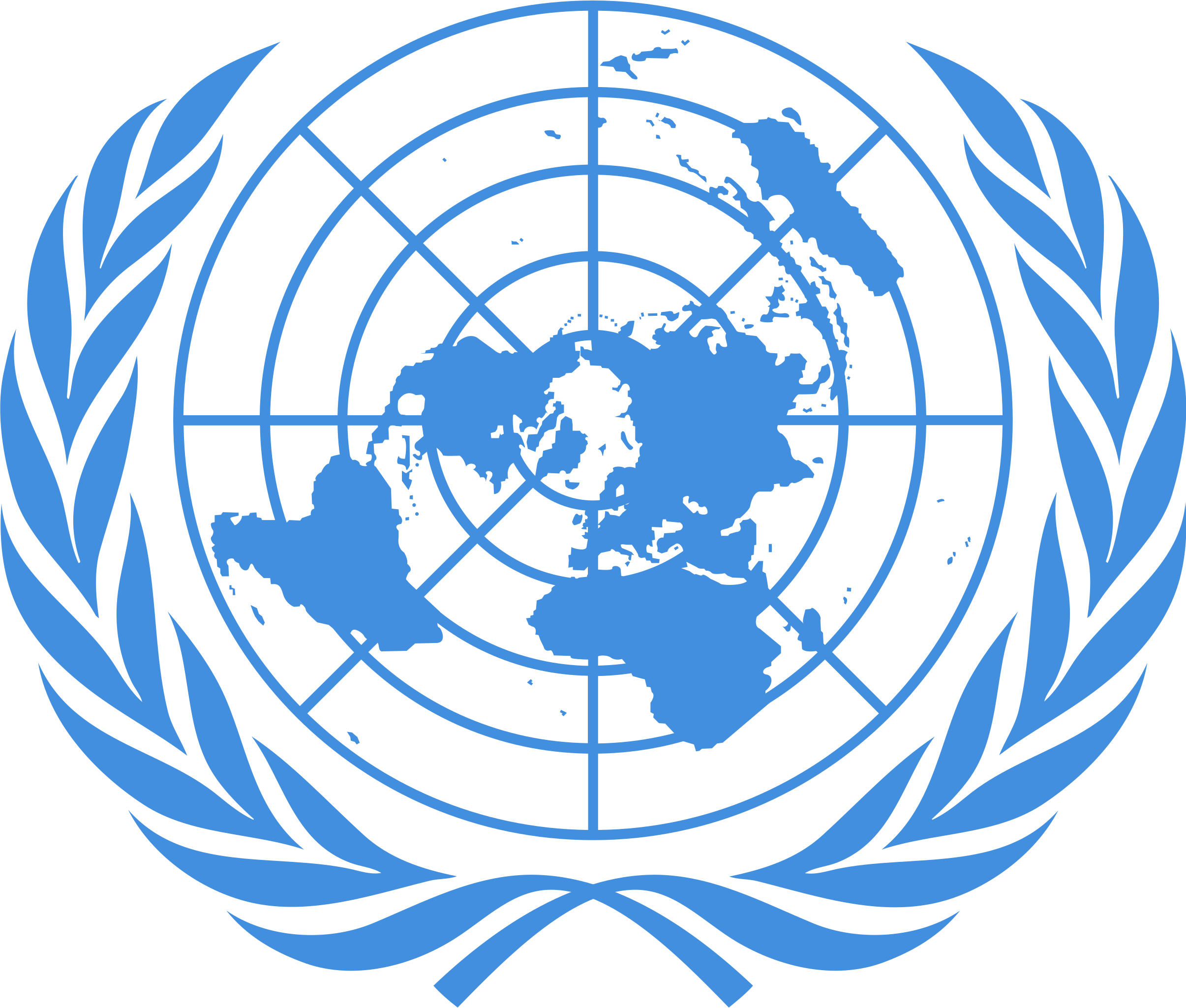 United Nations
United Nations
 Sport
Sport
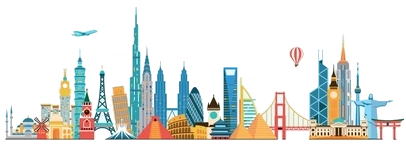 International cities
International cities
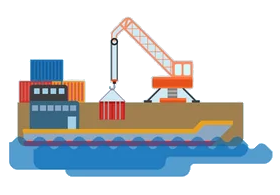 Important port
Important port
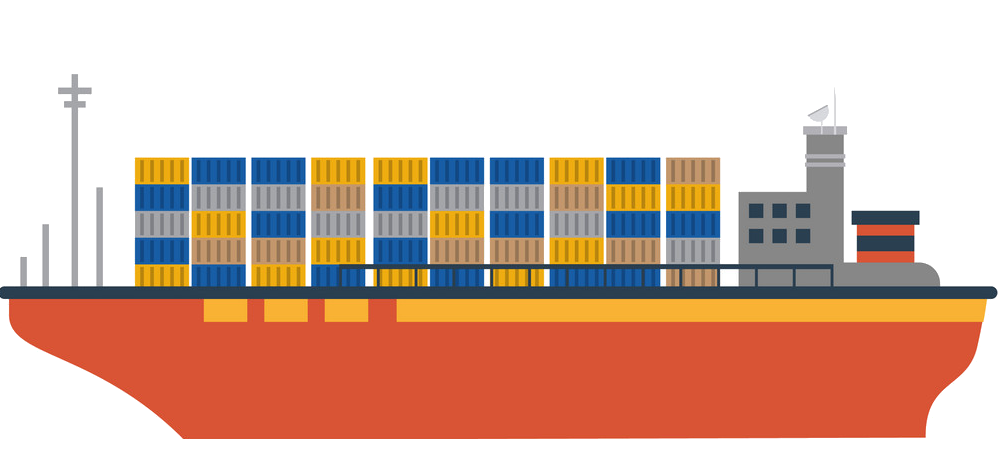 Ships and Nautics
Ships and Nautics

 Architecture
Architecture
 Ski vacation
Ski vacation
 Geography
Geography